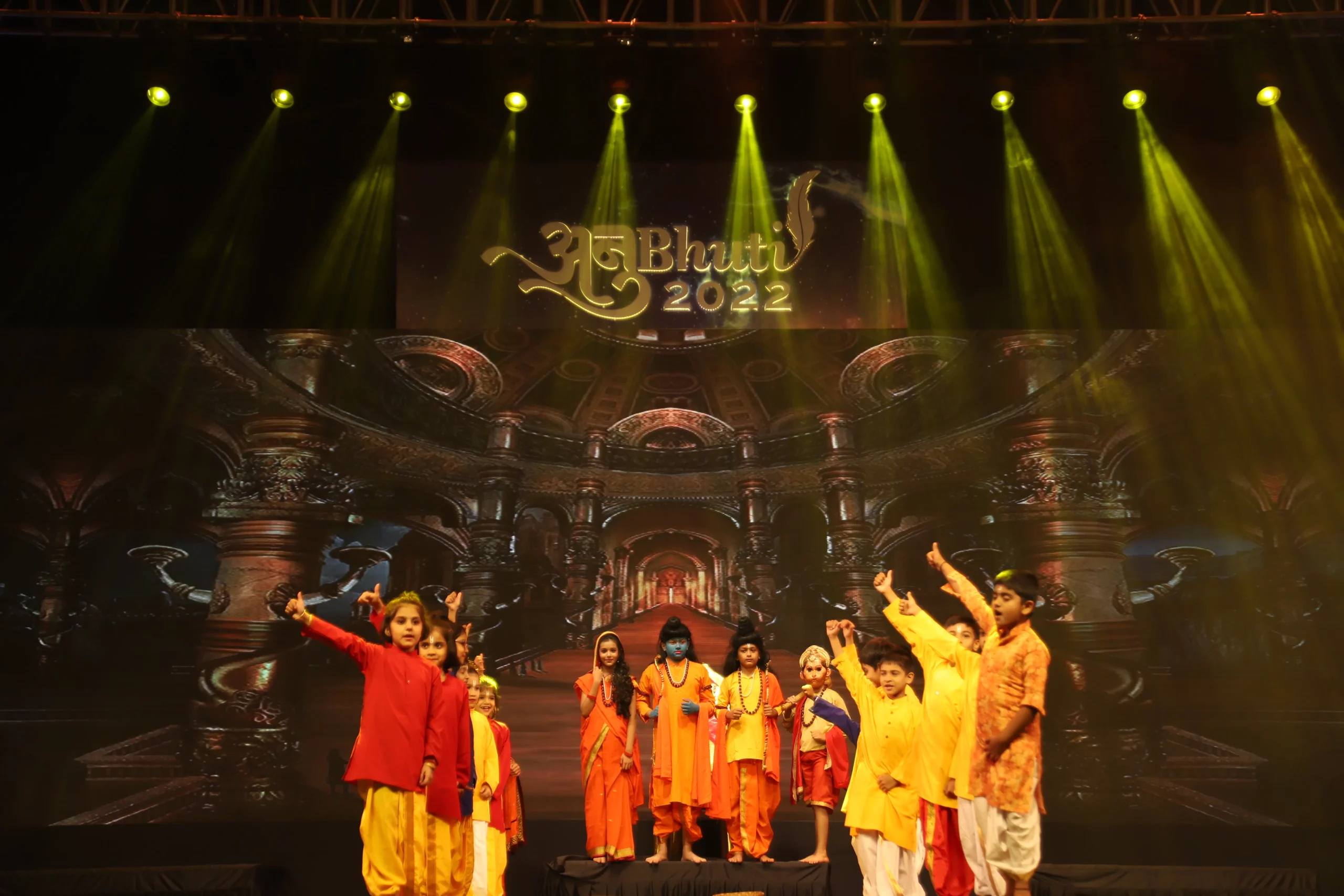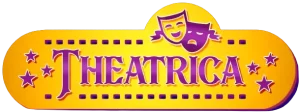Enriching Kids' Activities: The Magic of Speech and Drama Integration
Incorporating speech and drama into extracurricular activities for kids.

Introduction
At Theatrica, extracurricular activities are the vibrant threads that weave the tapestry of a child’s personal and intellectual growth. In this era of diverse opportunities, parents and educators alike seek to foster holistic development in children. Enter the enchanting world of speech and drama, where the power of self-expression and creativity converges with extracurricular pursuits. Let’s embark on a journey to uncover the myriad ways in which incorporating speech and drama into extracurricular activities can ignite a spark of passion, bolster confidence, and cultivate lifelong skills.
Drama-Infused Debates: Finding Their Voice
Debates are not just a clash of arguments; they’re a battle of eloquence and persuasion. By infusing drama into debates, children can transform structured arguments into captivating narratives. Encouraging them to embrace different personas while debating hones their empathy and enhances their public speaking skills. This approach takes debating beyond facts and figures, fostering a deep understanding of diverse viewpoints and nurturing confident, articulate speakers.
Theatrical Science Clubs: Unleashing Creativity in STEM
Science and drama may seem like an unlikely duo, but the fusion can be truly remarkable. Imagine science clubs where children don lab coats and become characters in their own scientific stories. From enacting historical scientific discoveries to dramatizing future technologies, this approach sparks curiosity and encourages hands-on exploration. Through the power of drama, complex scientific concepts are transformed into engaging narratives that ignite a passion for STEM learning.
Literary Character Workshops: Bringing Books to Life
Incorporating speech and drama into literature clubs gives young readers the chance to step into the shoes of their favorite characters. Encouraging them to reenact scenes, discuss motivations, and improvise alternate endings fosters a deeper connection to literature. Not only does this approach enhance reading comprehension, but it also encourages critical thinking as children analyze character arcs and plot development.
Historical Role-Play: Time Travel through Theatre
History can often seem distant and abstract to children, but drama has the power to make it come alive. Historical role-play enables kids to immerse themselves in different eras, experiencing the past as if they were part of it. By donning period costumes, assuming historical roles, and engaging in interactive scenarios, they develop a tangible understanding of history’s impact on the present and future.
Creative Writing with Theatrical Twists: Penning Stories on Stage
Creative writing is elevated to new heights when combined with drama. Children can write their own short stories or scripts, then transform them into dramatic performances. This approach nurtures both literary and theatrical skills, allowing kids to explore narrative structure, character development, and dialogue creation while preparing for a live showcase. The thrill of seeing their words come to life on stage is a powerful incentive for young writers.
Conclusion
The synergy between speech, drama, and extracurricular activities is a catalyst for fostering holistic growth in children. By infusing the magic of the stage into various pursuits, we empower kids to express themselves with confidence, think critically, and embrace a love for learning. Whether they’re debating with flair, embodying literary characters, or time-traveling through history, the infusion of speech and drama elevates extracurricular activities from routine to remarkable. As educators and parents, we have the privilege of weaving these dynamic elements into the fabric of children’s lives, nurturing not only their skills but also their passion for exploration and self-discovery.
